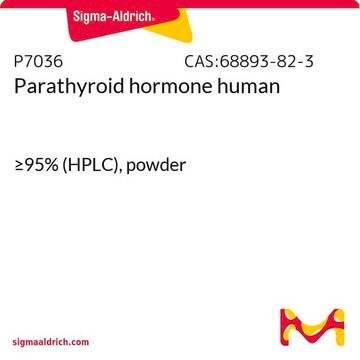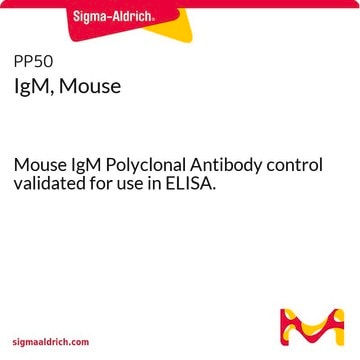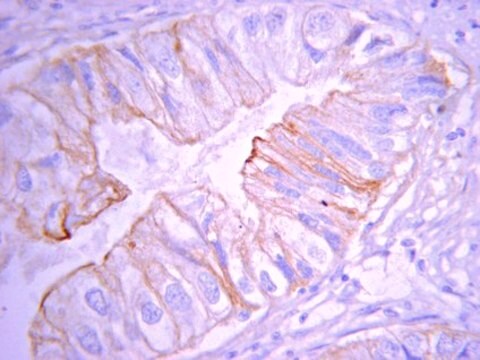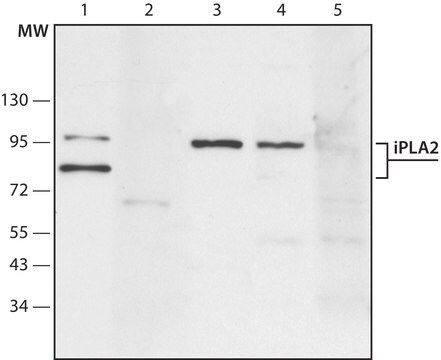Recommended Products
biological source
rabbit
Quality Level
antibody form
purified antibody
antibody product type
primary antibodies
clone
polyclonal
species reactivity
rat, mouse
manufacturer/tradename
Upstate®
technique(s)
western blot: suitable
isotype
IgG
NCBI accession no.
UniProt accession no.
shipped in
dry ice
target post-translational modification
unmodified
Gene Information
rat ... Creb1(81646)
Specificity
NR3B
Immunogen
peptide corresponding to amino acids 916-930 (C-RRVRRAVVERERRVR) of mouse NR3B
Application
This Anti-NR3B Antibody is validated for use in WB for the detection of NR3B.
Quality
routinely evaluated by immunoblot on a rat brain microsomal protein preparation
Target description
98kDa
Physical form
Format: Purified
Legal Information
UPSTATE is a registered trademark of Merck KGaA, Darmstadt, Germany
Not finding the right product?
Try our Product Selector Tool.
Storage Class Code
10 - Combustible liquids
WGK
WGK 1
Certificates of Analysis (COA)
Search for Certificates of Analysis (COA) by entering the products Lot/Batch Number. Lot and Batch Numbers can be found on a product’s label following the words ‘Lot’ or ‘Batch’.
Already Own This Product?
Find documentation for the products that you have recently purchased in the Document Library.
Keiko Matsuda et al.
Brain research. Molecular brain research, 100(1-2), 43-52 (2002-05-15)
We report the cloning and characterization of a novel NMDA receptor subunit cDNA, which encodes a predicted polypeptide of 1003 amino acids. Phylogenic analysis indicates that this new subunit is most closely related to NR3A. Therefore, we term it NR3B.
M Nishi et al.
The Journal of neuroscience : the official journal of the Society for Neuroscience, 21(23), RC185-RC185 (2001-11-22)
We have identified a novel glutamate receptor subunit on the human and mouse genome. Cloning of the mouse cDNA revealed a protein consisting of 1003 amino acids encoded by at least nine exons. This protein showed the highest similarity (51%)
Immunolocalization of NMDA receptor subunit NR3B in selected structures in the rat forebrain, cerebellum, and lumbar spinal cord.
Karen S-L Wee,Yibin Zhang,Sanjay Khanna,Chian-Ming Low
The Journal of Comparative Neurology null
Scott E Hemby et al.
Methods in molecular biology (Clifton, N.J.), 566, 69-83 (2010-01-09)
The ability to model aspects of human addictive behaviors in laboratory animals provides an important avenue for gaining insight into the biochemical alterations associated with drug intake and the identification of targets for medication development to treat addictive disorders. The
N-methyl-D-aspartate receptor subunit NR3a expression and function in principal cells of the collecting duct.
Sproul, A; Steele, SL; Thai, TL; Yu, S; Klein, JD; Sands, JM; Bell, PD
American Journal of Physiology: Renal Physiology null
Our team of scientists has experience in all areas of research including Life Science, Material Science, Chemical Synthesis, Chromatography, Analytical and many others.
Contact Technical Service








